Surfers are embracing a growing wave of mental health initiatives in response to critically high rates of suicide and mental illness.
Key points:
- Surfers are embracing techniques to assist with mental health conditions
- Programs are being rolled out via local boardriders’ clubs and surfing ‘ambassadors’ promoting positive mental health messages
- One surfer, who was attacked by a shark four years ago, attributes support from the surfing community in helping with his physical and mental recovery
Bureau of Statistics figures show eight Australians die every day by suicide, that’s more than double the road toll.
Furthermore, 75 per cent of those who take their own lives are male, while suicide is the leading cause of death for Australians between the ages of 15 and 44.
There’s no particular evidence that surfers are over-represented, but they are taking action.
Steve Gamble, who founded Man Anchor in 2017 to address mental health issues, is working with Surfing NSW who run a program called Mental Health 360.
Mr Gamble said Surfing NSW aimed to deliver mental health first aid to more than 200 boardriders’ clubs across the country, starting in Sydney and the New South Wales South Coast.
Club mates supporting each other
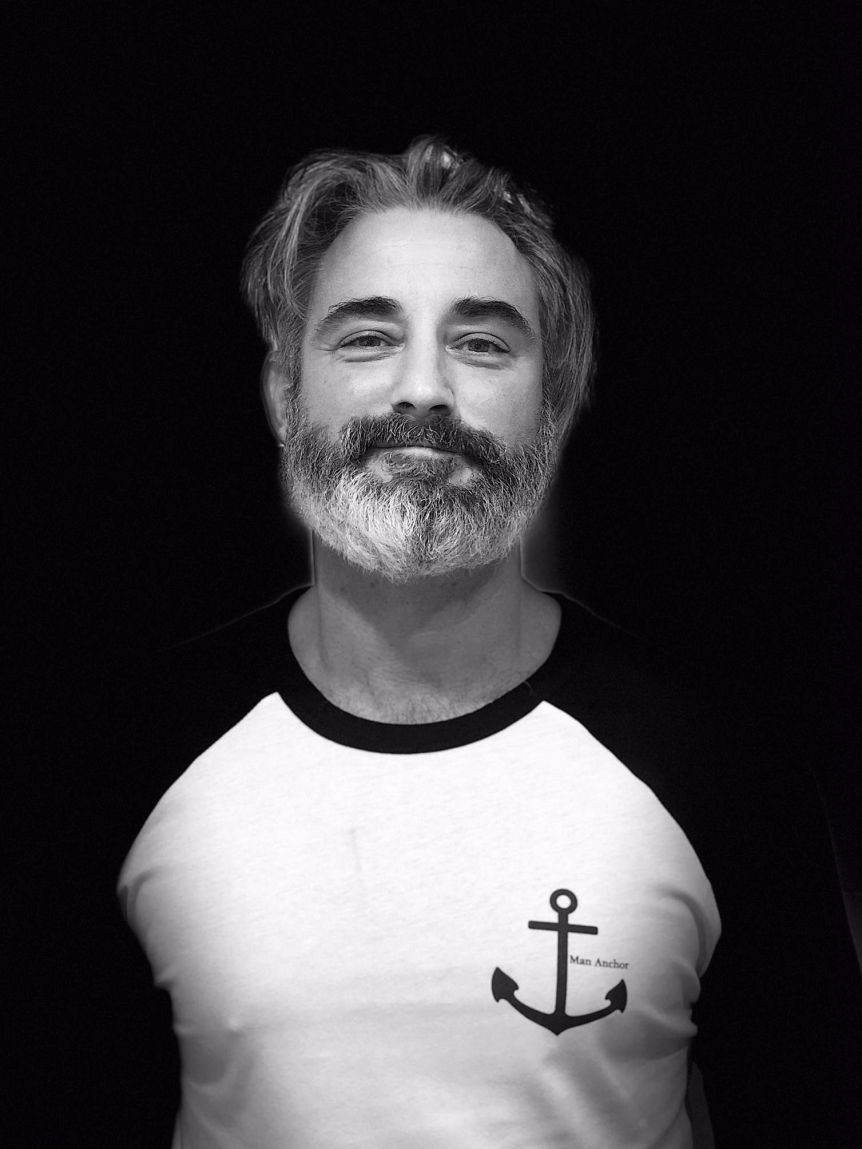
Boardriders’ clubs serve as a way to get the message out.
“What’s really unique about boardriders’ clubs, compared to other clubs, is that you can have three generations of family competing on the same day,” Mr Gamble said.
“So I thought: ‘Imagine if we could empower one or two individuals to be there to support their club mates if they thought they were in a time of crisis?’
“Or [if] they needed a little bit of general support if they felt themselves becoming unwell with their mental health.”
Adrenalin rush a common link
Wollongong local Brenden Newton travelled the world as a professional bodyboarder and photographer in the 2000s.
Mr Newton has had more than his fair share of highs and lows, but it wasn’t until he chanced upon a medical brochure in a doctor’s waiting room that he recognised he had Obsessive Compulsive Disorder, or OCD, and now uses that knowledge to help others.
“I was like ‘F..k, I have got really bad OCD’, so an awareness of that is really important.
“I’m not big on names and stigmas, but it’s important to know what you are suffering with and then uniquely find some strategies that help you.”
Mr Newton now works for a mentoring organisation called AIME helping youth from disadvantaged backgrounds, especially Indigenous people with high incarceration and suicide rates.
The techniques he has developed over the years are shared with both mentoring groups and close friends.
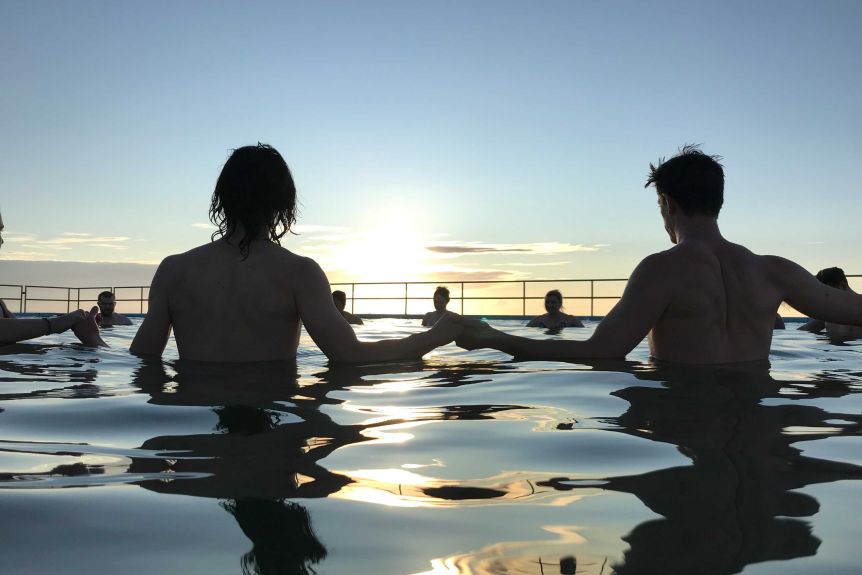
“Me and my best mates, that I still consider my best mates in the world, catch up weekly and talk about meditation, stillness, being present, being self-aware — all really important techniques, especially when you are trying to run a job and family post-bodyboarding career,” he said.
“The pressures get pretty high”.
Mr Newton strives to find a balance as he believes modern-day society can place too much emphasis on activity and achievements, without enough time for stillness and reflection.
“I think we have missed some of the stillness that is sometimes prevalent in eastern cultures with meditation and stuff like that,” he said.
“So I think employing some of those mindfulness techniques, the stillness in our lives really starts to bring back the balance and that’s some of the techniques we use with the kids at work.
Shark attack a life changer
South Coast shark attack survivor, Brett Connellan, has also worked to find ways to improve his physical and mental health recovery.
Four years ago the then 23-year-old was surfing at Bombo Beach near Kiama with friends when he was bitten on the thigh and hand, requiring extensive surgery.
“From the age of 11, when I jumped in the water for the first time, up until the moment I got attacked, everything was on this one path.”
Mr Connellan, from Jones Beach Boardriders Club, was surfing in competitions and surf coaching as well as managing a surf shop, but suddenly faced the prospect he may never walk or surf again.
“When I was lying in hospital in those early days being told that maybe I wasn’t ever going to be able to surf again, that sense of purpose and identity that I had built over 10, 15 years had suddenly been taken away from me,” he said.
Loading…
His physical recovery has been miraculous as evidenced by his ability to not only surf again at the highest level but also embrace his experience and share it with others, saying he has drawn strength from knowing so many people came out in support.
“As I kept getting visitors I kept seeing people that, you know, you might not expect, and this really translated into when I was feeling support from people within the greater community,” Mr Connellan said.
Surfing elites, including Kelly Slater and Mick Fanning, also reached out.
Mr Connellan decided his new goal would be to use what he had been through to help others and after meeting former St George Illawarra veteran footballer Dan Hunt he joined the Mental Health Movement, focusing on improving mental health in the workplace.
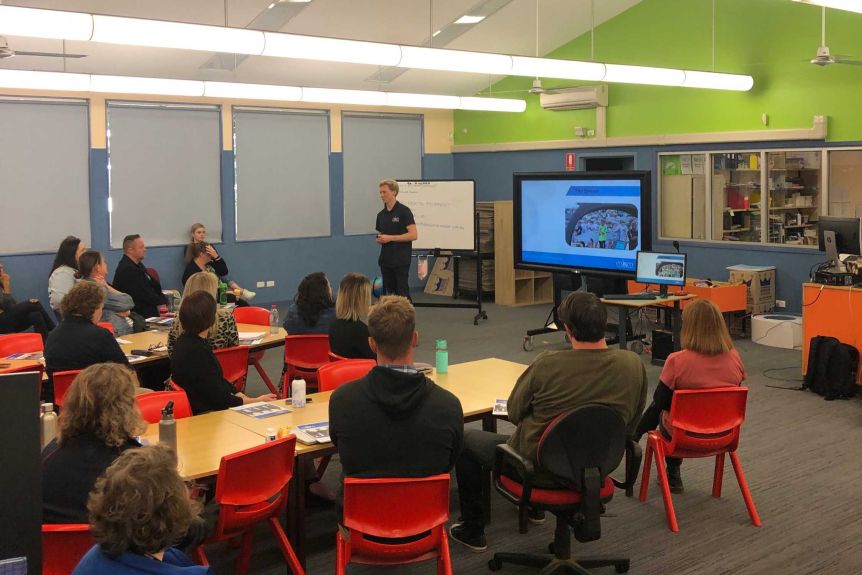
Mr Connellan believes it is now more important than ever for people to reach out and connect with others.
“Unfortunately I have seen in the last couple of months we have lost some really important figures in our community through suicide and that is something that we can look at how terrible that is,” he said.
“But if that is something that starts the conversation and gets everybody to realise we do need to start talking about these topics then we are going to be able to get those better outcomes.
“If we can save one single life then it’s worth it.”

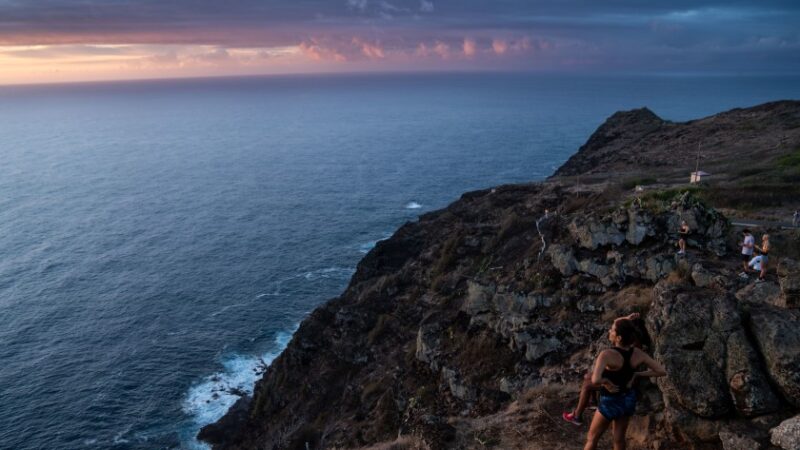
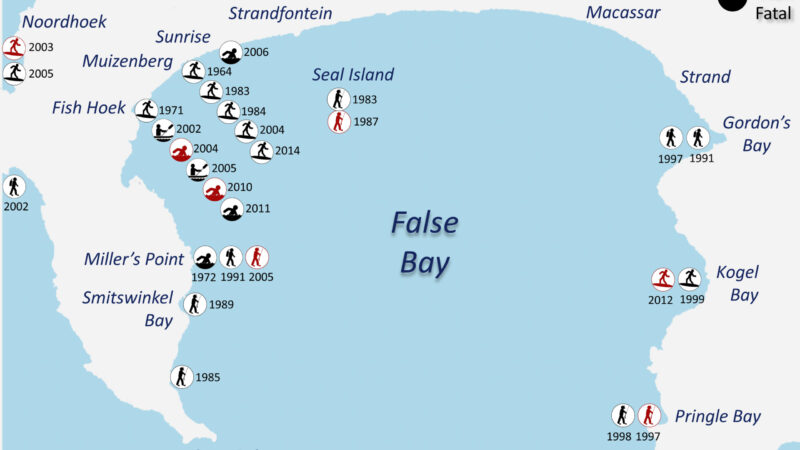
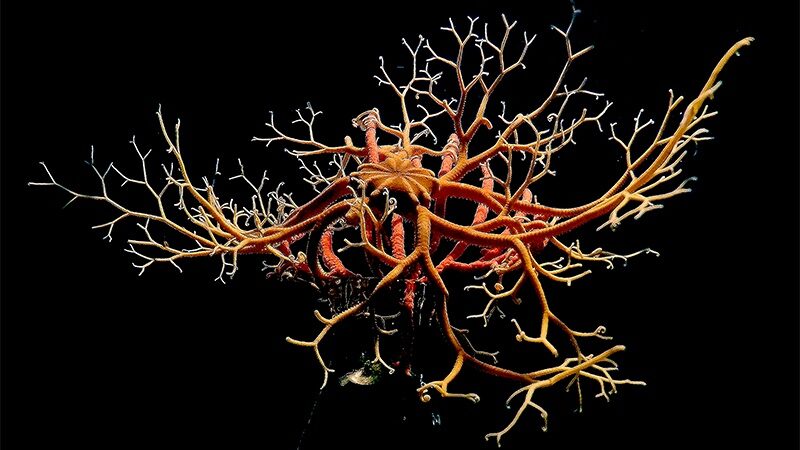
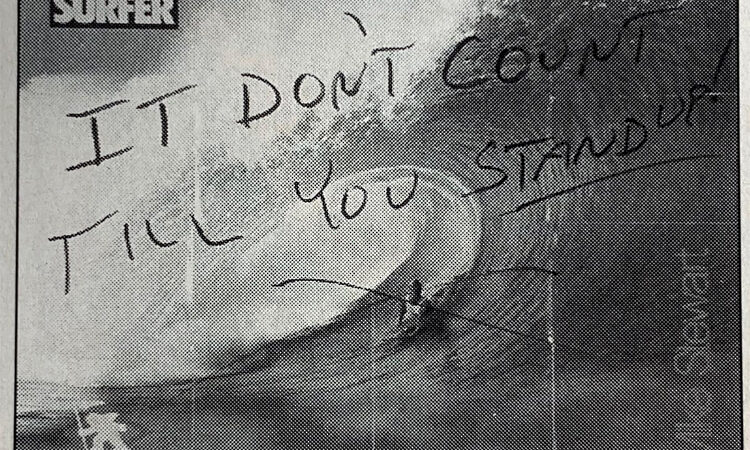
Recent Comments